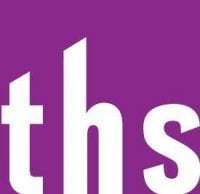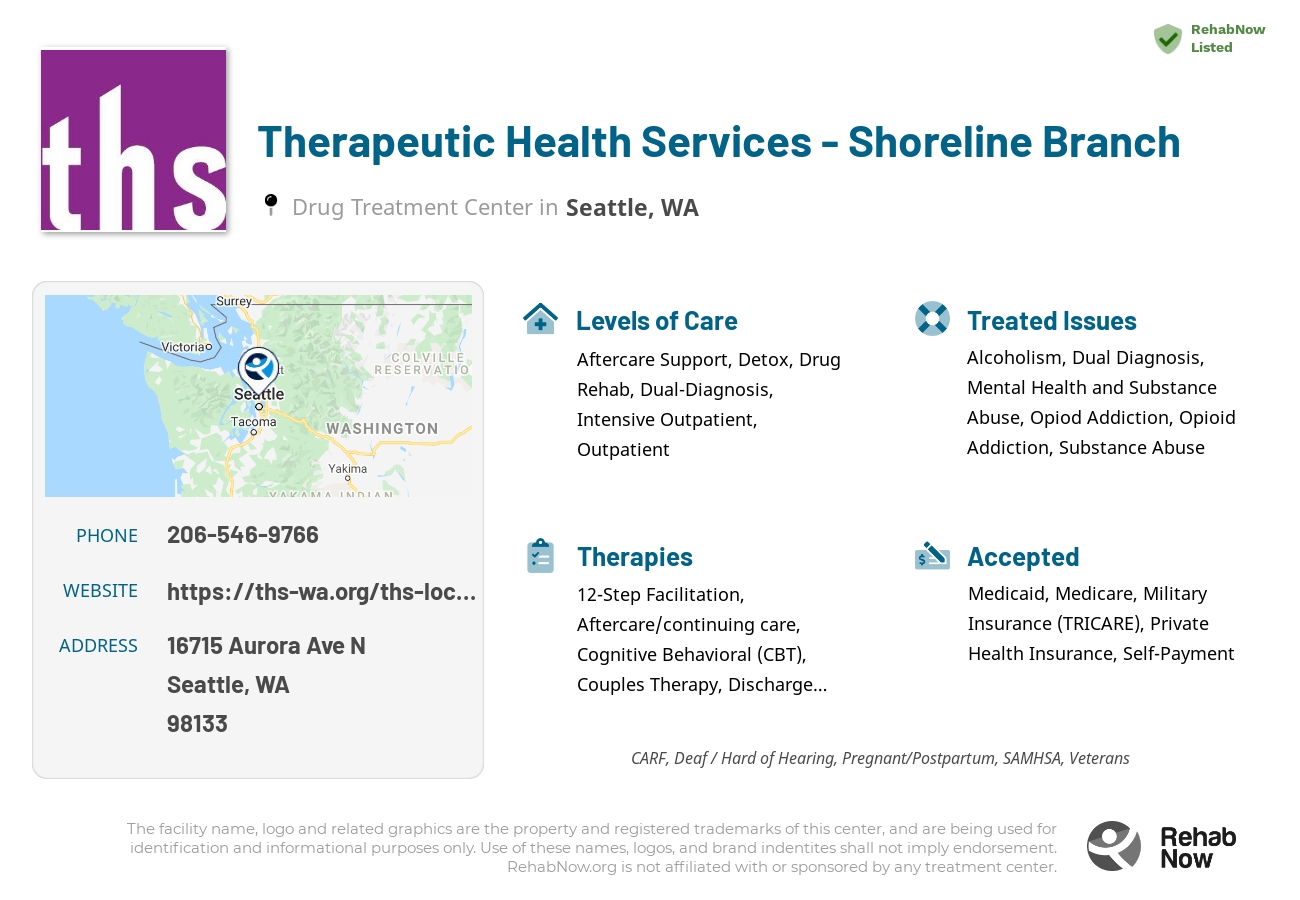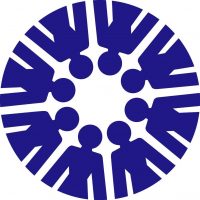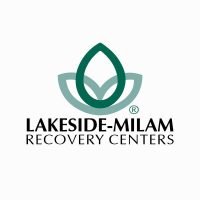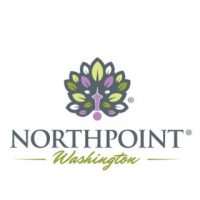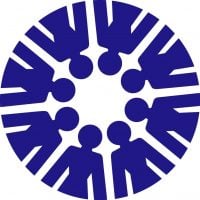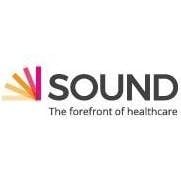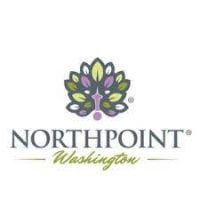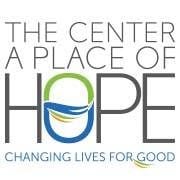Therapeutic Health Services - Shoreline Branch
Drug Rehab Center in Seattle, Washington
Therapeutic Health Services - Shoreline Branch in Seattle, WA offers comprehensive addiction and mental health treatment, including 12-step facilitation, cognitive-behavioral treatment, dual-diagnosis treatment, medication management, yoga therapy, and more, and is accredited by CARF, SAMHSA, and LegitScript.
About This Seattle, WA Facility
Therapeutic Health Services (THS) is a nationally accredited, non-profit organization located in Seattle, Washington, offering a wide range of treatment options for individuals, youth, and families struggling with substance use.
• CARF, SAMHSA, and LegitScript accredited, ensuring high-quality care
• Comprehensive treatment for various addictions and mental health issues
• Specialized services for opioid addiction, alcohol abuse, and other substance abuse
THS provides an array of therapy and counseling services, including 12-step facilitation, cognitive-behavioral treatment, contingency management, nutrition therapy, group and individual therapy, family counseling, and discharge planning. The clinic accepts private health insurance, making treatment more accessible to those in need.
The Shoreline Branch offers dual-diagnosis treatment, addressing both mental health issues and the role of addiction. It also provides intervention and aftercare support services, military-specific services, and medication management to ensure individuals safely follow their treatment plans. Trauma and PTSD treatment, as well as yoga therapy and motivational interviewing, are available to support clients on their journey to recovery.
Genders
Ages
Modality
Additional
Accreditations
SAMHSA

LegitScript

CARF
The Commission on Accreditation of Rehabilitation Facilities (CARF) is a non-profit organization that specifically accredits rehab organizations. Founded in 1966, CARF's, mission is to help service providers like rehab facilities maintain high standards of care.
Conditions and Issues Treated
Rehab centers exist in Seattle, WA to help individuals bounce back from substance abuse, which is an umbrella term for drug and alcohol addiction. Drug addiction refers to the use of illegal drugs and improper use of prescription drugs. Centers like Therapeutic Health Services - Shoreline Branch provide individuals a chance to access individual and group therapy that can be monumental for recovery.
Substance abuse includes all problems that stem out from using various psychoactive substances. It is also a diagnostic term used by Diagnostic and Statistical Manual of Mental Disorders (DSM-IV) to define the mental and physical impairment or distress caused by misuse and overuse of certain substances in a period of 12 months.
Opioid addiction involves addiction to legal or illegal opioids. It may happen very quickly with any opioid use. Sometimes within a matter of days. Opioid addiction is a known as a high-risk factor for future heroin addiction.
Opioid withdrawal can be extremely uncomfortable and lead the user to continue to use even if they want to quit. Stopping using an opioid requires careful medical observation. Sometimes the withdrawal can persist for many weeks, which can put the user at a high risk for relapse.
It is recommended to receive inpatient treatment and a medically supervised detox like those offered at Therapeutic Health Services - Shoreline Branch in Seattle, WA, WA, to manage the withdrawal process while learning lasting tools to maintain recovery. In some circumstances medications can be used to manage opioid addiction.
People with dual diagnosis have coexisting addiction and a mental disorder. 9.2 million US adults had a co-occurring disorder in 2018, so not just limited to Washington residents. Best treatment combines medication, psychotherapy (talk therapy), support group, and inpatient rehabilitation. Sometimes, complementary therapies – yoga, massage, and acupuncture – may also be used.
Levels of Care Offered
This center offers a variety of custom treatment tailored to individual recovery. Currently available are Aftercare Support, Detox, Drug Rehab, Dual-Diagnosis, Intensive Outpatient, Outpatient, with additional therapies available as listed below.
Detoxification is a process that allows the patient to stop using opioids without experiencing severe withdrawal symptoms. This can be necessary for those who have been addicted for a long period of time or who are struggling with chronic pain.
During this process, addicts will receive medication and psychological support from doctors and other medical professionals until they can control their cravings.
Intensive outpatient programs mostly conduct meetings on weekdays. Group therapy is the main element in most intensive outpatient programs. Most IOPs last for about 90 days and include drug use monitoring and testing. A Washington IOP, like what’s offerd at Therapeutic Health Services - Shoreline Branch, take much more time than a standard outpatient program. Some programs offer other services as well, such as employment assistance and medication management.
Outpatient treatment can be considered the lowest intensity level of addiction treatment in Seattle, WA. It is ideal for early phase addiction or lower intensity addictions. Therapeutic Health Services - Shoreline Branch peer group support, 12-step programs, and individual counseling may still be involved.
After treatment, addiction treatment can be frightening for newly sober people. Aftercare support provided by Therapeutic Health Services - Shoreline Branch is designed to give resources and help on a continued basis. It can involve finding housing in and around Washington, setting up 12-step meeting groups, continued medical monitoring, and counseling.
Therapeutic Health Services - Shoreline Branch‘s Therapies & Programs
Individual therapy aims to identify the core issues that would have led the patient to substance abuse and address the root cause effectively. Patients find the therapist as a person who they can trust. It helps them to open up and discuss personal and sensitive issues, which they may not be comfortable discussing in a group.
Family therapy is a set of therapeutic approaches that assumes that the entire family is a system. It utilizes the strengths and resources of the family to help the patient refrain from resorting to substance abuse. It helps to repair relationships and improve communication between family members.
Group therapy happens at Therapeutic Health Services - Shoreline Branch in a controlled group environment, as opposed to a one-on-one setting. It supports Seattle, WA patients’ recovery by offering a sense of comfort and letting them know that they are not alone. Through shared conversations, patients also learn to develop faith and understanding and gain insight on their addictions.
Unresolved trauma is often a key reason why many patients resorted to substance abuse. Trauma therapy refers to treatment wherein specialist therapists help the patients to resolve the trauma that led the patients to substance abuse. The trauma could be physical abuse, sexual abuse, war, natural disasters, divorce, accident, loss of a loved one, etc. Thinking of these traumatic events causes emotional disturbances like anxiety, depression and results in addiction. If trauma is the primary cause of substance abuse, then both issues must be addressed. Otherwise, there is a risk of relapse. Trauma therapy also improves the cognitive functions and provides long term benefits.
Cognitive behavioral therapy (CBT) is a way of addressing concerns through talking. It can be used in individual counseling sessions. Talking through issues with professionals at Therapeutic Health Services - Shoreline Branch can identify sources of discomfort or unhealthy thoughts. It is a way of learning about yourself and your individual perceptions. CBT is a healthy way of addressing some behaviors which may be bringing unintended consequences in your life.
Nicotine replacement therapy (NRT) is a treatment that helps people to quit smoking. NRT reduces the withdrawal symptoms by giving nicotine in low doses. It is safe for most adults, teens and pregnant women should not undergo NRT. Research shows that the use of NRT doubles the chances of quitting smoking.
Contingency management is a way to help motivate someone to remain substance free. It is a process of rewarding positive choices and good outcomes. As humans we are wired to recreate experiences that lead to positive feelings. Through this method incentives are used for completing positive steps towards a sober life. This may be a reward for attending meetings, remaining sober or for employment goals.
Payment Options Accepted
For specific insurance or payment methods please contact us.
Is your insurance accepted?
Ask an expert, call (888) 674-0062
Additional Details
Specifics, location, and helpful extra information.
Seattle, Washington 98133 Phone Number(206) 546-9766 Meta DetailsUpdated April 15, 2024
Staff Verified
What else do people call Therapeutic Health Services – Shoreline Branch?
People have occasionally also searched for “THS - Therapeutic Health Services in Washington”
Is Therapeutic Health Services – Shoreline Branch a LegitScript Verified Treatment Facility?
According to our most recent records, we have found this center to be LegitScript verified.
Patient Reviews
There are no reviews yet. Be the first one to write one.
Seattle, Washington Addiction Information
Washington's substance use, abuse, and addiction rates have followed the trends of the rest of the over the past years. Methamphetamine abuse is the biggest threat to Washington. Heroin-related overdoses increased by almost 450% from 2006 to 2016. 20% of all annual deaths in Washington are somehow drug and/or alcohol-related. Drugs are widely abused in Washington because they are easily trafficked in and out of the state.
In Seattle, Washington, drug addiction is a big problem. In 2016, there were nearly 500 drug overdose deaths in Seattle, with opioids responsible for most of those deaths. 4.5% of people aged 12 or older reported using psychotherapeutic drugs for nonmedical purposes. Some of the most common treatments include inpatient rehab, outpatient rehab, and detox centers.
Treatment in Nearby Cities
- Gig Harbor, WA (31.1 mi.)
- Republic, WA (177.5 mi.)
- Grand Coulee, WA (155.3 mi.)
- Everett, WA (17.1 mi.)
- Sunnyside, WA (147.9 mi.)
Centers near Therapeutic Health Services - Shoreline Branch
The facility name, logo and brand are the property and registered trademarks of Therapeutic Health Services - Shoreline Branch, and are being used for identification and informational purposes only. Use of these names, logos and brands shall not imply endorsement. RehabNow.org is not affiliated with or sponsored by Therapeutic Health Services - Shoreline Branch.
